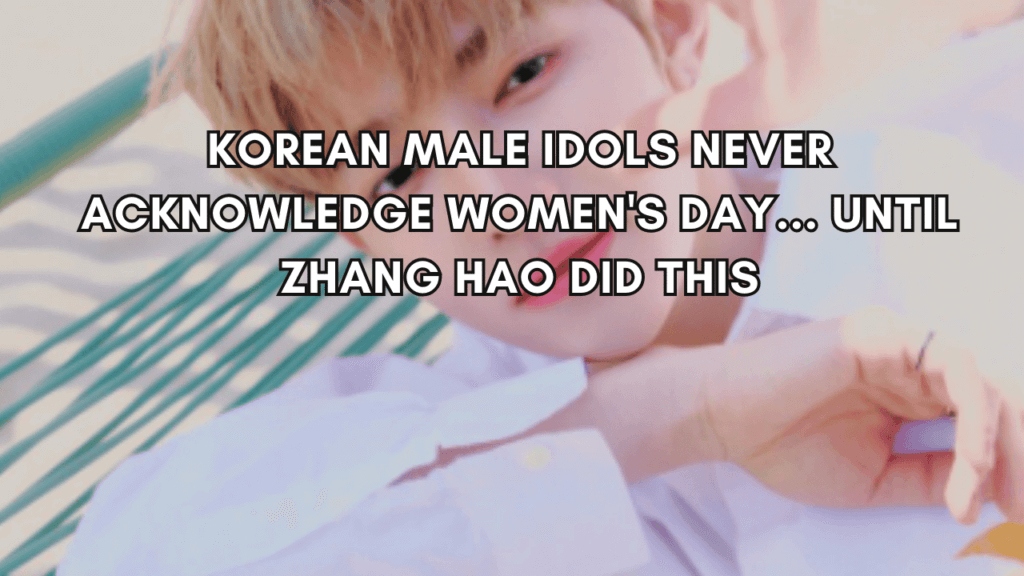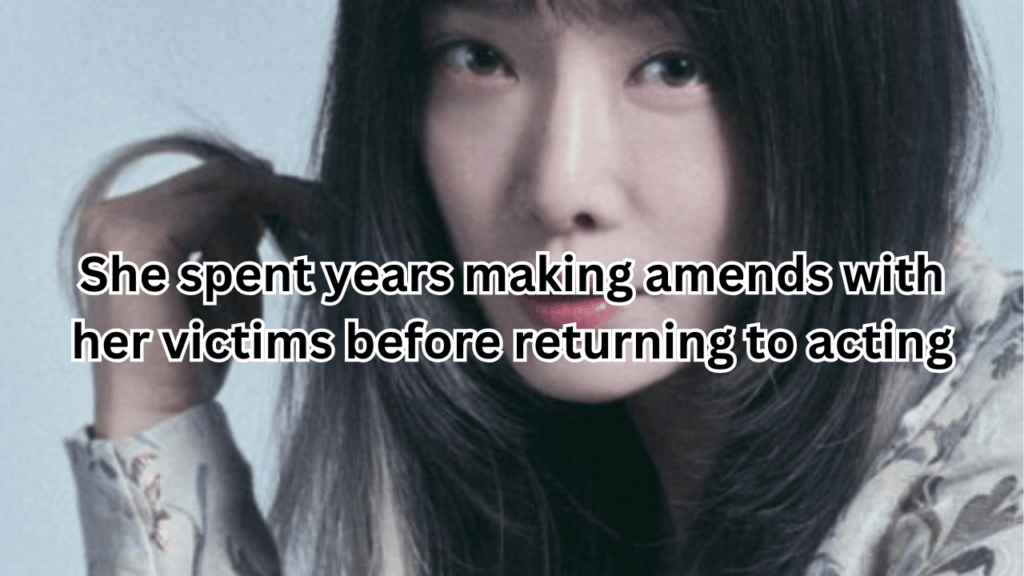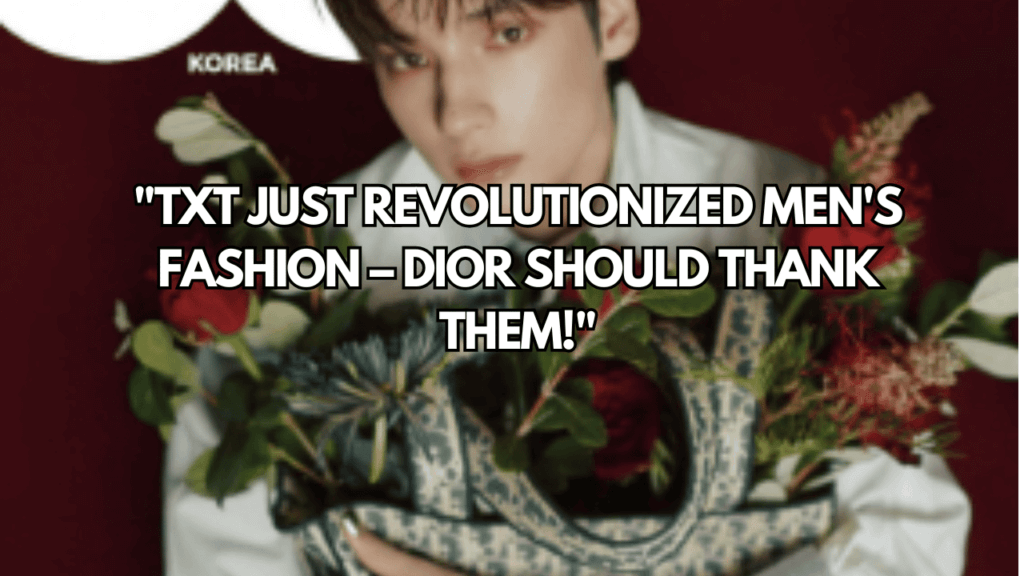NMIXX Haewon Workman Controversy Ignites Social Media Firestorm
The NMIXX Haewon Workman controversy has taken the internet by storm this week, leaving fans and critics divided. What began as a simple toast shop part-time job video featuring NMIXX member Haewon has spiraled into a heated debate about wealth, status, and the messages being conveyed to young viewers. The controversy erupted after Haewon’s interaction with elementary school students in Seoul’s affluent Daechi-dong district raised eyebrows across social media platforms.
Behind The NMIXX Haewon Workman Controversy That Has Everyone Talking
On February 27, popular YouTube channel ‘Workman’ uploaded what seemed like an innocent video featuring NMIXX’s Haewon working as a one-day part-timer at a toast shop in Daechi-dong. With nearly 4 million subscribers, Workman typically creates content showing celebrities trying different jobs. However, this particular episode quickly became problematic when Haewon began questioning young customers about their living situations and family backgrounds.
See also: Han So Hee Opens up About Personal Growth shines in candid interview
The NMIXX Haewon Workman controversy began when she asked a group of elementary students if they lived in the upscale Daechi-dong area. When one young student mentioned living in Apgujeong’s Hyundai Apartment complex – one of South Korea’s most exclusive residential areas where units sell for approximately 9.4 billion KRW (around 6.4 million USD) – Haewon exchanged noticeable glances of surprise with staff members. The production team even added a caption reading “Daechi Kids Background Check,” which many viewers found inappropriate.
The situation escalated further when Haewon continued her questioning, asking one child, “Is your father a doctor?” After receiving confirmation, the production team encouraged the student, who had mentioned having a crush but not confessing, with the comment: “Then just go ahead and confess.” The caption that appeared at this moment – “Alpha Male Confirmed Early” – became the tipping point for many outraged viewers who felt the content was reinforcing harmful stereotypes about wealth, status, and relationships.
How The Daechi-dong Wealth Comments Backlash Spread Across Korean Social Media
The backlash against the NMIXX Haewon Workman controversy spread rapidly across Korean social media platforms, with many netizens expressing concern about the messages being sent to impressionable young viewers. Critics pointed out that the video appeared to link family wealth and social status to a child’s worth and potential romantic success – a particularly sensitive topic in South Korean society, where economic inequality and class consciousness are ongoing social issues.
Many Seoul Crushers and other K-pop fans were disappointed to see such content featuring Haewon, who had previously maintained a positive public image. The controversy sparked broader discussions about the responsibility entertainment platforms have when creating content involving children. Numerous comments highlighted how adults’ casual remarks about wealth and status can lead to harmful dynamics among children, including the creation of derogatory slang terms based on housing types that are already used to discriminate among peers.
Parents and educators joined the conversation, expressing concern that such interactions normalize inappropriate questioning about family backgrounds and implant harmful ideas about social hierarchy in young minds. The Daechi-dong wealth comments backlash wasn’t limited to online spaces – several Korean media outlets picked up the story, further amplifying the criticism and calls for more thoughtful content creation, especially when involving minors.
Final Thoughts: Will The NMIXX Haewon Workman Controversy Lead To Change?
The NMIXX Haewon Workman controversy has certainly sparked important conversations about wealth, class, and the responsibility of content creators. While neither Haewon nor the Workman channel has issued an official statement addressing the concerns as of this writing, the incident serves as a reminder of how seemingly casual interactions can reinforce problematic societal norms.
For many Seoul Crushers, this situation highlights the need for greater sensitivity when creating content involving children, particularly around topics of wealth, status, and personal relationships. As the conversation continues to evolve, many are hoping this controversy will lead to more thoughtful approaches to entertainment programming.
What do you think about this situation? Was the criticism justified, or do you believe the comments were harmless? Share your thoughts in the comments below!






